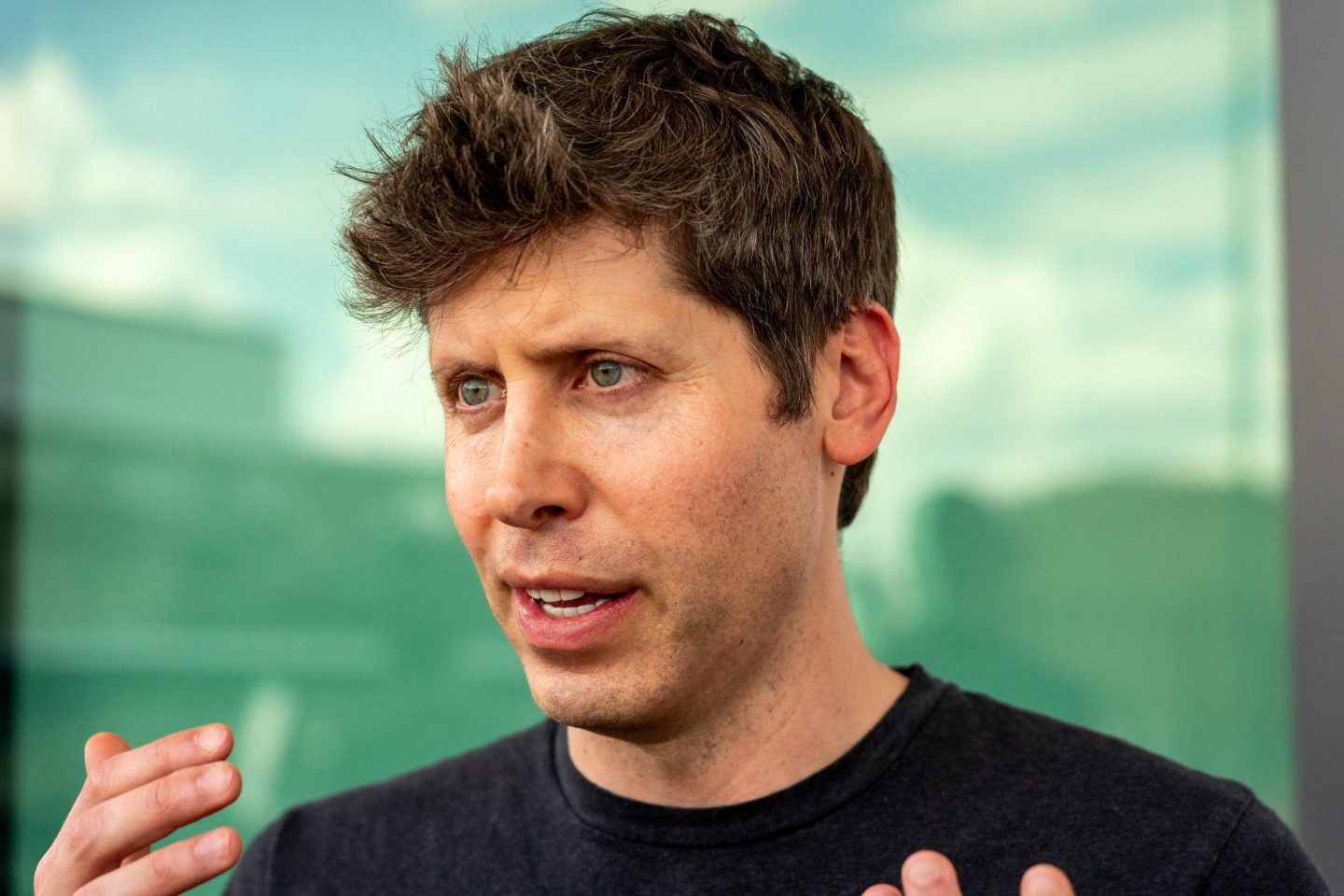Good morning.
I had breakfast yesterday with Michael Gregoire, CEO of CA Technologies, who is a member of Fortune’s CEO Initiative—a community of executives dedicated to the notion that at a time of governmental dysfunction, the private sector must step up its efforts to address social problems.
Gregoire sees the challenge as an existential one for his industry. The tech industry “has lost the narrative,” he says. “We used to be the good guys. But over the last five years, we have lost that.” He ticks off areas where his industry has ceded the high ground—cyber security, data privacy, workplace culture and diversity, jobs and equal opportunity. “We have a keen eye for growth and innovation, but we’ve lost sight of the responsibility that goes with that.”
That’s why he is devoting a good chunk of his time to issues like training and education. If the industry doesn’t do a better job demonstrating its social value, he says, “the government will step in with regulation,” which could stunt the growth of new technologies.
Coincidentally, I also heard yesterday from Kai-fu Lee, who is one of the savviest observers of the global artificial intelligence business. He has a book coming out this fall, arguing that China is rapidly catching up, leading to a global AI duopoly. Gregoire agrees. “China may well surpass us in AI,” he says. They don’t face the same challenges the U.S. industry does. “They are very clear who owns the data—the government.”
More news below. And if you are looking for more information on the CEO Initiative, click here.
| Alan Murray | |
| @alansmurray | |
| alan.murray@fortune.com |
Top News
Iran Day
Today's the day we find out what President Donald Trump is going to do with the Iran nuclear agreement. If he decides to pull out of the deal as expected, restoring sanctions on Iranian oil, the question is how he will approach countries that continue to do business with Tehran. After all, the White House could use its sanctions tools to punish foreign buyers of Iran's oil, too. CNBC
Takeda and Shire
It's finally happening: the preliminary agreement held up and, on deadline day, Takeda formalized its offer for Ireland's Shire. It's one of the biggest pharma mergers ever, and the largest international takeover by a Japanese company in history, with a value of $62 billion. Takeda gets more of a foothold in the U.S., and Shire's portfolio gets greater exposure in Japan and emerging markets. Fortune
Athenahealth Bid
Elliott Management, which already holds a 9.2% stake in medical IT firm Athenahealth, has reportedly made a $6.5 billion all-cash offer to buy it out entirely. Athena's shares popped 16% on news of the approach. Elliott says Athenahealth's potential won't be "realized without the kind of operational change that the company seems unable to deliver." The question now is how Athena's management feels about this. Fortune
Schneiderman Out
New York Attorney General Eric Schneiderman has resigned following multiple allegations from women of physical abuse. Schneiderman, a prominent supporter of the #MeToo movement (and opponent of the net neutrality rollback) who sued Harvey Weinstein, denies the allegations but has stepped down. New York Governor Andrew Cuomo had called on him to do so. The allegations came out in a New Yorker article. CNN
Around the Water Cooler
China Risk
Sino-U.S. tensions are likely to severely disrupt the global tech sector, according to a piece in the Financial Times. Analysts told the paper that Chinese companies are trying to bolster their own supply chains, due to the threat of U.S. components no longer being available—but that the R&D involved in this drive only serves to heighten American fears of China pulling ahead by building on Western technologies, thus exacerbating the situation. FT
Walmart and Opioids
Walmart and Sam's Club are "taking action in the fight against the nation's opioid epidemic" by restricting acute opioid prescriptions to a week's supply. The move is in line with the recommendations of the Centers for Disease Control and Prevention (CDC.) Walmart also said recently that it will offer free opioid disposal. Fox News
Uber Autopilot
Uber has reportedly figured out why its autopilot system didn't prevent the death of a pedestrian, who walked in front of an Uber car, in March: according to The Information, it's because the system thought "it didn't need to react right away." Uber is not saying publicly what its internal investigations have found, though, as that would disrespect a National Transportation Safety Board investigation. Fortune
Teacher Time
It's Teacher Appreciation Week, and education specialist Patricia Jennings writes for Fortune that states need to prioritize education more in their budgets: "By providing school districts with a much-needed infusion of resources, states can enable our educators to finally replace their tattered textbooks and outdated instructional materials." Fortune
This edition of CEO Daily was edited by David Meyer. Find previous editions here, and sign up for other Fortune newsletters here.












